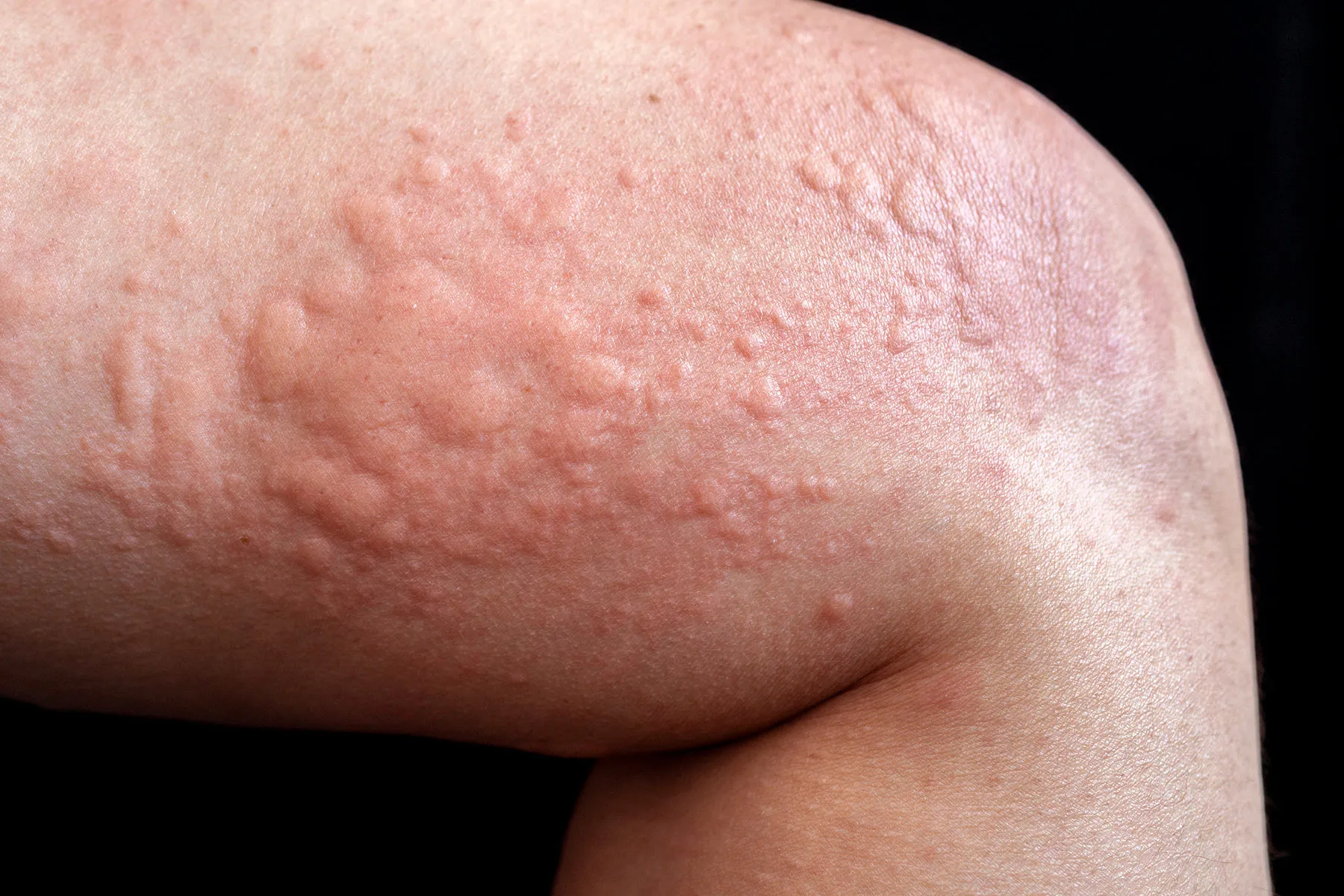
Understanding Skin Allergies in Indian Skin
Common Types of Allergies in Indian Skin
Indian skin is uniquely prone to certain allergy types due to climatic and environmental factors. Some of the most frequently observed allergic conditions include:
Contact Dermatitis:
This occurs when your skin reacts to direct contact with irritants like cosmetics, jewelry, detergents, hair dyes, or fabrics. Nickel, fragrances, and certain hair colorants are common triggers.Atopic Dermatitis (Eczema):
A chronic skin condition that often starts in childhood but can continue into adulthood. It causes dry, itchy, and inflamed patches — often worsened by dust, sweat, or harsh soaps.Photoallergic Reactions:
Some people develop allergies due to sun exposure combined with cosmetics or perfumes. Indian skin, being more reactive to sunlight, needs special care to manage such conditions.Drug Allergies:
Certain medications, including antibiotics or painkillers, can trigger allergic rashes, swelling, or hives. Our clinic provides safe testing and guidance for managing such reactions.Food Allergies:
Though rare, foods like nuts, dairy, or seafood may cause skin reactions in sensitive individuals. We help you identify triggers through safe diagnostic methods.Seasonal & Pollution-Related Allergies:
With increasing urban pollution, smog, and humidity, many people develop dust mite, pollen, and pollution-induced skin allergies that worsen during seasonal changes.
Pigmentation occurs when melanin production becomes uneven, leading to dark spots, tanning, or discoloration. Common causes include:
Sun exposure
Hormonal changes
Acne marks
Aging
Inflammation or injury
Our experts first identify the type and depth of pigmentation—such as melasma, freckles, or post-inflammatory hyperpigmentation—to plan the most effective treatment.
Symptoms of Skin Allergies
Every individual reacts differently to allergens, but some signs are common indicators of skin sensitivity. You may be experiencing an allergic reaction if you notice:
Itching, redness, or burning sensation
Rashes or hives (urticaria)
Dry, scaly, or flaky skin patches
Swelling, especially around the eyes or lips
Tiny blisters or oozing lesions
Pigmentation changes or dark spots after healing
At Aesthetic Skin & Hair Clinic, our dermatologists carefully assess these symptoms through clinical examination and advanced allergy testing to determine the cause and design a treatment plan suited for Indian skin tone and sensitivity.
Why Indian Skin Needs Special Attention
Indian skin is melanin-rich, which makes it more prone to post-inflammatory pigmentation (dark marks) after any allergic flare-up. This is why self-medication or using random creams can worsen the condition.
Our dermatologists focus on:
Minimizing pigmentation and scarring after allergy recovery
Using non-steroidal, gentle medications for long-term relief
Restoring skin barrier health with hydrating and pH-balanced skincare routines
We understand that no two Indian skin types are the same — oily, dry, or combination — so our treatments are always customized to your skin type, lifestyle, and environment.
Our Diagnostic Approach
Accurate diagnosis is the foundation of effective allergy management. At our clinic, we use a blend of modern dermatological tools and clinical expertise to find the exact cause of your allergy.
1. Detailed Skin Evaluation
Our dermatologist examines your medical history, lifestyle, product usage, and environmental exposure to identify potential triggers.
2. Patch Testing
This helps detect allergic reactions to specific substances like metals, dyes, cosmetics, or preservatives. Small quantities of suspected allergens are applied to the skin to monitor reactions over 48–72 hours.
3. Prick Test / Blood Test
If food or environmental allergies are suspected, we recommend skin prick or IgE blood tests to detect sensitivity to allergens like pollen, dust, or certain foods.
4. Digital Skin Analysis
We use advanced imaging tools to evaluate skin texture, tone, and barrier function before recommending a personalized care plan.
